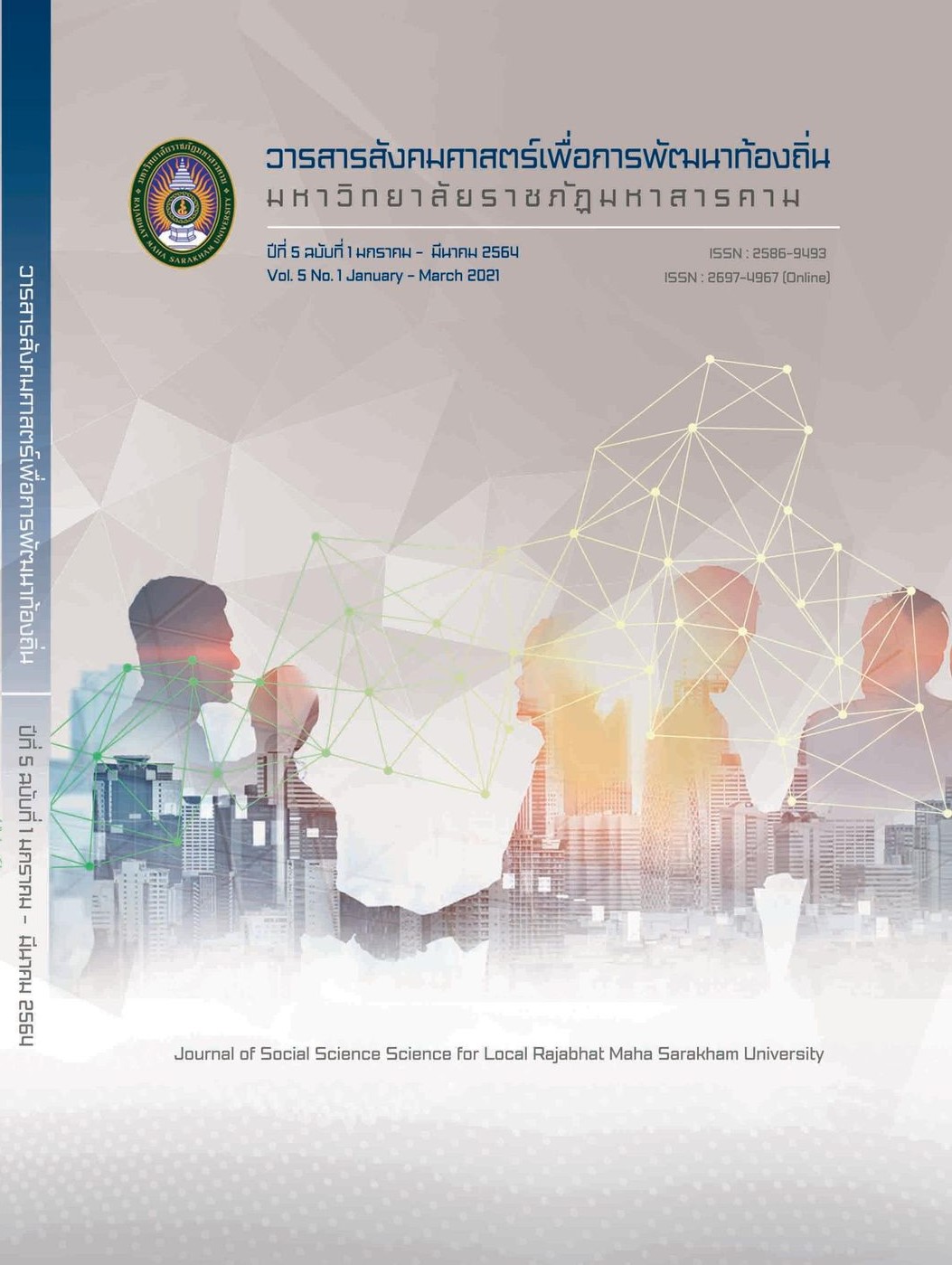Guidelines for Developing the Law to Municipal Solid Waste Management Problems by People Participation: A Case Study of Chonburi Province
Keywords:
Municipal Solid Waste, Local government organization, Public participationAbstract
The purposes of this study were 1. to study and analyze the law to municipal solid waste management of Thailand comparative with the United States, Canada, Australia and Sweden and to analyze and 2. to propose appropriate recommendations to the law for municipal solid waste management problems by People Participation to be modern and efficient enough to support sustainable waste management. This study was a qualitative research by using documentary approach. Data was collected via related documents, regulations, convention, provision, rules, notifications and other governmental documents regarding prevention and suppression of The Correction, Treatment, and Rehabilitation of Delinquency and Juvenile Justice. The study revealed that 1) Thailand has no specific law of waste management, but it's a virtue of the law authorized under a local government organization. In the United States conduct waste management as a local responsibility which the Environmental Protection Agencies had established the guidelines and regulations for controlling those waste. In Canada, waste management is a responsibility of federal and local governments. This was supervised by the contracted-industries whatever locate under the contract of municipal or regional authorities as an alternative, it was controlled directly by the municipality. In Australia, the local government and license-holder organizations work together to manage the waste. It allows for making complaints with the government agencies on waste issues. Strictly, the operation has to disclose in the environmental reports. Sweden lets the Environmental Protection Agency working with local authorities to manage the waste. Additionally, they can provide the licenses to the private sector to operate on behalf of the locality. And 2) the solution is that Thailand should legislate a waste management law in the form of an Act on community waste management. In order to reach efficient and sustainable results, independent agencies should be established to enforce this law as well as giving a hand to the public participant to help this task.


